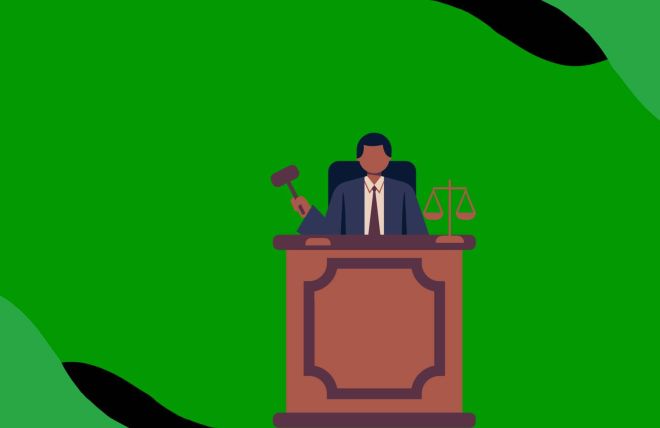Understanding the Financial Backbone of Your Homeowners Association
Welcome to our latest blog post, where we delve into the often-misunderstood topic of reserve funds in homeowners associations (HOAs). If you've ever wondered what reserve funds are and why they're crucial for your community, you're in the right place. Let's break it down into simple, jargon-free terms.
What Are Reserve Funds?
Imagine your HOA as a ship sailing through the ocean of community management. Now, reserve funds are like the emergency supplies stored in the ship's hold – essential for unexpected situations and long-term journeys. In technical terms, reserve funds are savings set aside by an HOA to cover major repairs or replacements of community assets over time. These could include things like fixing the roof of your clubhouse, repaving the community roads, or upgrading the pool.
Why Are Reserve Funds Important?
- Planning for the Future: Just like you save money for a rainy day, reserve funds help your HOA prepare for future expenses. This forward-thinking approach ensures that when big-ticket items need repair or replacement, the money is already there.
- Avoiding Special Assessments: Without adequate reserve funds, when an unexpected expense arises, the HOA might need to impose a special assessment. This means asking residents to suddenly pay extra fees, which can be a financial strain. Well-funded reserves help avoid this scenario.
- Maintaining Property Values: Regular maintenance and timely updates keep the community looking great and functioning well, which in turn helps in maintaining or even increasing property values in your area.
How Are Reserve Funds Collected and Managed?
Reserve funds come from a portion of the regular HOA fees paid by residents. Think of it as a small slice of your monthly dues being tucked away for future use. The amount set aside for reserves is determined by a reserve study, which is a professional assessment of the community's physical components, their condition, and the cost to repair or replace them over time.
Managing these funds is a critical task. It involves careful planning, regular review of the reserve study, and sometimes tough decisions about prioritizing projects. The goal is always to balance current community needs with long-term financial health.
Best Practices for HOA Reserve Funds
- Regular Reserve Studies: Conducting these studies every few years ensures that the HOA has an up-to-date plan for its future financial needs.
- Transparent Communication: Keeping residents informed about how reserve funds are being used and the status of these funds promotes trust and understanding within the community.
- Professional Management: Sometimes, it's beneficial to have a professional manager or financial advisor to help guide the decisions regarding reserve funds.
Conclusion
Reserve funds might not be the most glamorous aspect of HOA management, but they are undoubtedly one of the most crucial. By ensuring that your community has a well-funded reserve, you're not just planning for the future; you're also protecting your investment and enhancing the quality of life in your neighborhood.







